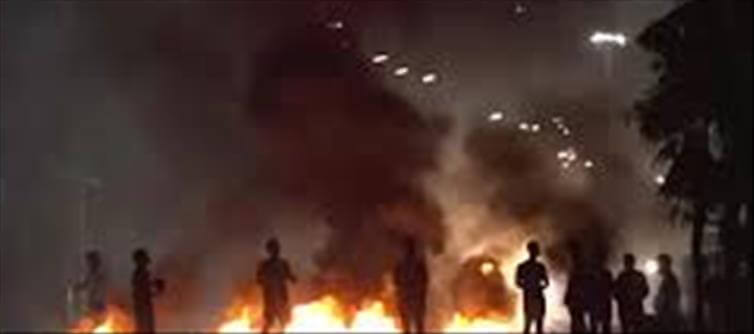
Reasons for communal tension in the north-eastern states of India?
Racial violence and communal tension in the north-eastern states of india have their roots in deep historical, cultural and political discontents. Different ethnic, religious and cultural groups living in this region have their own distinct identities and traditions, which often clash with each other.
Instead of understanding and respecting the cultural diversity among these communities, it is often made a cause of discrimination and disagreement. For example, different languages, customs and religious beliefs here sometimes become the cause of conflicts that create a situation of confrontation with other communities.
Apart from this, many communities of the north-eastern region, especially tribal people, feel that they have been ignored politically and economically. These communities have long been demanding that they get special rights like autonomy and land rights to protect their identity and rights. But these demands clash with mainstream society and governments, which increases discontent and conflict.
Similarly, the large number of migrants from bangladesh in the region has also created a sense of insecurity among the local communities. These migrants have led to conflicts between various ethnic and religious groups, and at times these conflicts are given a communal colour. These anti-social activities and a sense of insecurity have fueled tension and violence throughout the North-East region, making the situation even more complex.
Impact of violence in Manipur on society and stability in the North-East
The regional impact of the ongoing violence in Manipur is also very deep. Manipur is a sensitive region of North-East india, which is already struggling with insurgency, terrorism and separatist movements. In such a situation, the increased violence here has further deteriorated the security situation of the entire North-East region. The ongoing violence in the state has not only affected the social structure of Manipur, but it is also affecting the politics and security of the entire region.
Apart from this, this conflict has also exposed the lack of trust among the people of Manipur and the failure of government policies. The government has taken some steps on its part, such as releasing special assistance, but this conflict cannot be resolved only by military or police action. For this, the state government will have to take concrete steps towards restoring trust among the various communities of Manipur.




 click and follow Indiaherald WhatsApp channel
click and follow Indiaherald WhatsApp channel